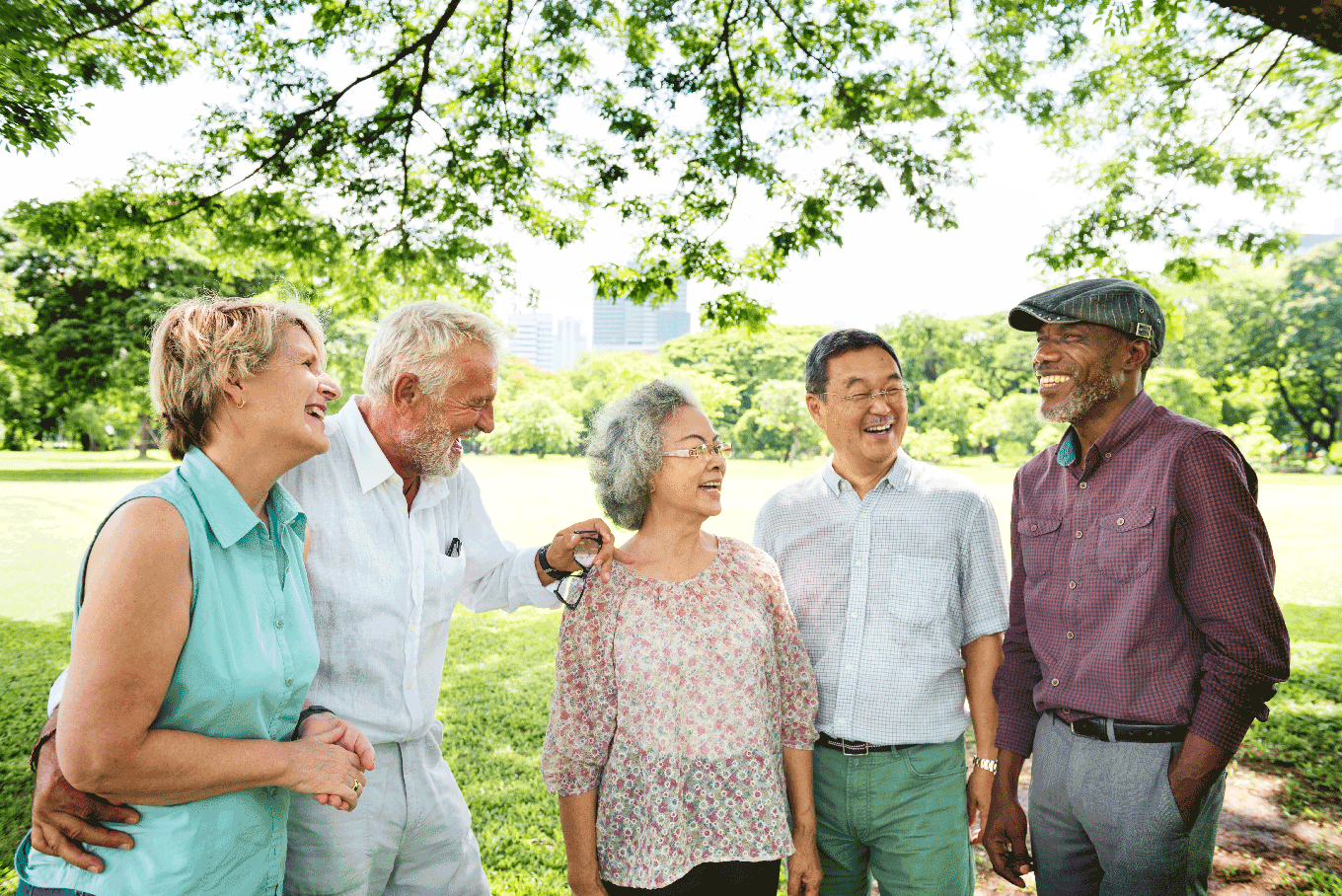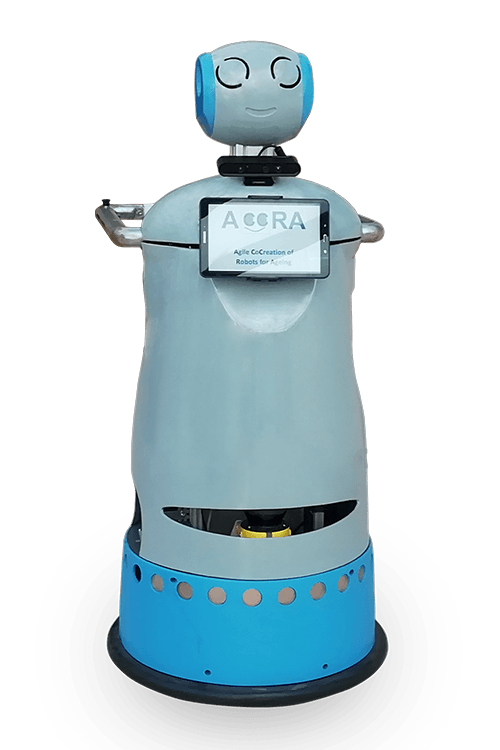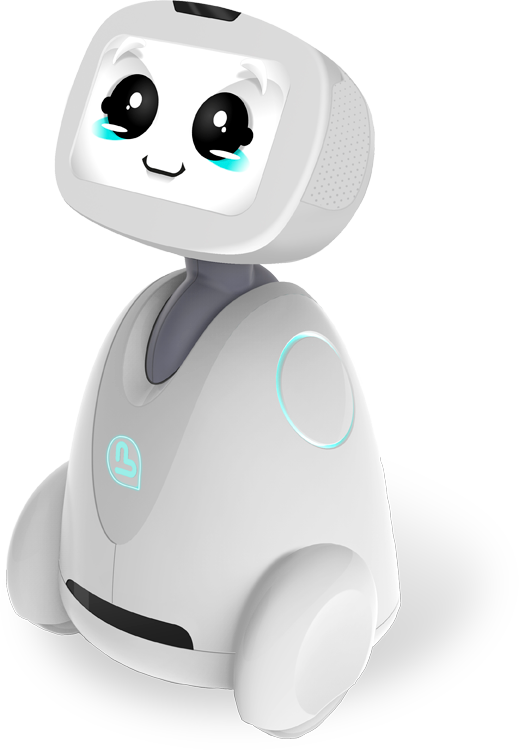ENABLING AGEING AUTONOMY
Citizens in ageing European and Japanese populations wish to stay at their homes for as long as possible. They are, however, at risk of age related impairments such as poor health, cognitive impairment, frailty and social exclusion with considerable negative consequences for their independence, quality of life, that of those who care for them, and for the sustainability of health and care systems.As an answer to this issue the ACCRA project focuses on building applications in order to support older people in ordinary daily life at home and in care facilities.
Providing a sense of stability and comfort
The ACCRA solutions are driven by the needs, interests and lifestyles of senior people through personalised and self-adaptable human-robot interaction. The objective of the ACCRA robotic solutions is to improve or maintain the level of autonomy, to secure the daily lives and to promote the maintenance of socialisation of elderly people with loss of autonomy. Elder people can age in better physical and mental health within age-friendly environments. These environments would contribute to have them more socially included, actively participating in their communities’ lives, despite possible losses of autonomy. Robotics can contribute to this age friendly environment. The ACCRA partners focus on three main elderly needs identified during analysis : Mobility, Daily life, and Socialisation.

Reducing the burden on caregivers

Today, advances in medicine, shorter hospital stays, limited discharge planning and the expansion of home care technology have increased the responsibilities for both formal caregiver and informal caregivers. As a result, informal caregivers are being asked to assume a greater burden of care and over longer periods of time. Formal caregivers are subject to work objectives and downsizing of the work environment, which implies difficulties in providing the required care and attention with negative impacts on their mental and emotional health.
The ACCRA project’s solutions are designed to support senior people, but also their caregivers, in their daily lives and in care facilities. The sample of co-creation and experimentation phases is composed of natural and professional caregivers. This ensures that the needs associated with their daily care tasks are taken into account in the development of solutions.
Allowing adaptation towards diversity
The ACCRA solution is designed to allow adaptation towards different histories and cultures across the EU and Japan and also a variety of individual perception and preferences and cognitive capabilities. In fact, each of the three applications are or have been co-created in two countries: Mobility Walking in Italy and Netherlands, Daily Life in France and Netherlands and Conversation rehabilitation in Italy and Japan.
The evaluation of resulting robotics applications will include social expectations, safety, and acceptability to end-users (including caregivers). Furthermore, as differences between men and women in how they perceive technology have been reported in several studies, the co-creation and experimentation groups are composed of representatives from both genders. This will help project’s stakeholders to design robots that are accepted by both men and women for end users (elderly) and formal and informal caregivers.

PROJECT’S APPLICATIONS
ROBOTS

ASTRO
Astro is an assistive smart robotic platform dedicated to mobility and user interaction. It has been designed for moving within unstructured home and residence environments …
BUDDY
Buddy is the physically the opposite of Astromobile. It is a small-size robot and designed as a companion home. The Development Tools (SDK), based on the Open-Source …

METHODOLOGY
Need Study
identify needs and investigating the context in which the applications will be used that is to say needs and …
Co-creation
By placing users in the centre of the innovation process, the aim of this step in ACCRA is to design a robotic solution
Experimentation
The experimentation consist in testing the robotics solutions in a real context by a larger group of end users …
Sustainability Analysis
The last phase consist in defining the potential market for the robotics solutions, and assessing the large scale impact …




